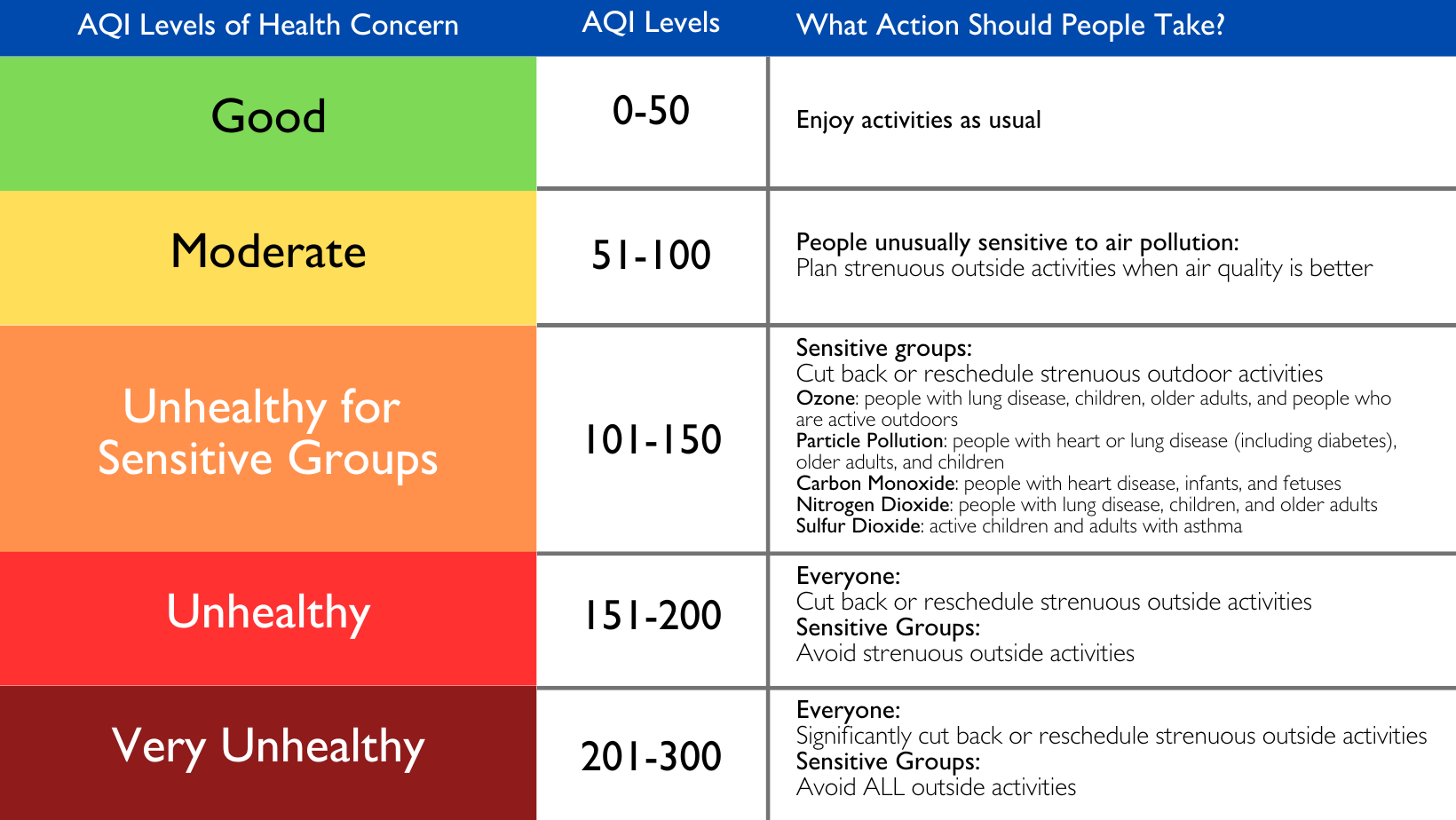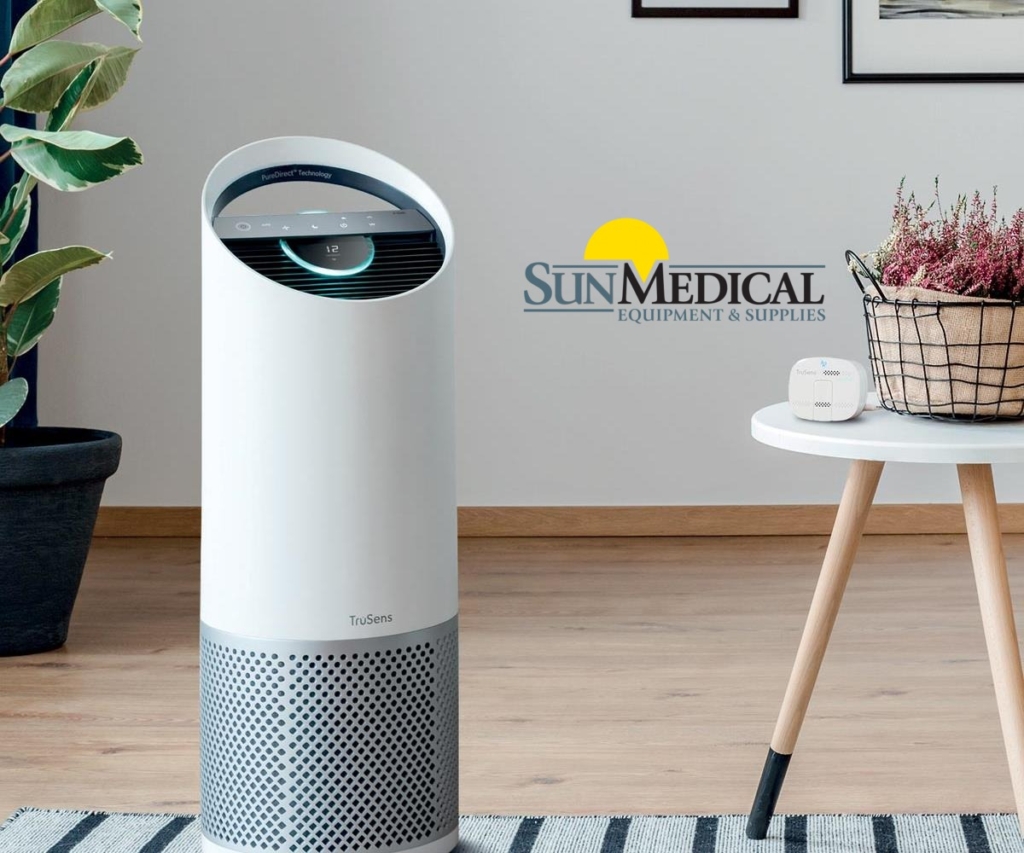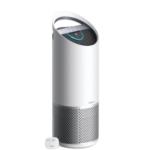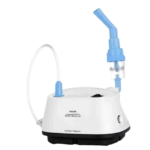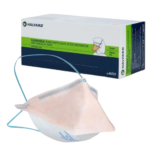What is the Air Quality Index (AQI)?
The Air Quality Index (AQI) is used to communicate the quality of the air in a specific location at a given time. It is a standardized system developed by environmental agencies to help the public understand and monitor the potential health risks associated with different levels of air pollution.
The AQI is typically calculated based on the concentration levels of various air pollutants, including: ground-level ozone, particle pollution (also known as particulate matter), carbon monoxide, sulfur dioxide, and nitrogen dioxide. Each pollutant has its own AQI value, which is typically based on the pollutant’s potential to cause adverse health effects at different concentrations. Ground-level ozone and airborne particles are the two pollutants that pose the greatest threat to human health in this country.
Unhealthy Air Quality Risks
Who is At Risk?
Being mindful of your air quality is a wise choice for everyone, but it becomes even more crucial for individuals who may face higher susceptibility. This group encompasses:

People with cardiovascular disease (diseases of the heart and blood vessels)

People who are active outdoors, including outdoor workers
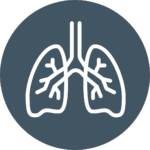
People with lung conditions like asthma and and Chronic Obstructive Pulmonary Disease

Older adults & elderly, who are less able to
reduce the effects of environmental hazards

Children & teenagers with developing lungs and
less body weight compared to adults
How Can You Reduce Your Exposure?

Opt for less strenuous activities

Limit the duration of your outdoor activities

Consider rescheduling your activities
Remember that when outdoor particle levels are high, they can also be elevated indoors. To reduce indoor particle levels, follow these steps:

Limit use of fireplaces and wood stoves, and avoid smoking indoors

Utilize air filters when possible to enhance the air quality indoors

Invest in or create your own portable air cleaner designed to reduce indoor particle levels
Learn More About Air Quality
As individuals grow older, their bodies become less capable of preventing the impacts of environmental dangers. The presence of air pollution can exacerbate conditions like heart disease, stroke, lung ailments such as chronic obstructive pulmonary disease and asthma, and diabetes. This results in elevated medication consumption, heightened visits to healthcare professionals, more instances of emergency room and hospital admissions, and potentially even death.
Helpful Products
There are a variety of products designed to safeguard you from environmental pollutants. Each of the products shown here are available through Sun Medical Equipment & Supplies at our Troy or Washington Township locations throughout Michigan. Give us a call at (248) 280-2020 or visit our website to secure your air safety products.

